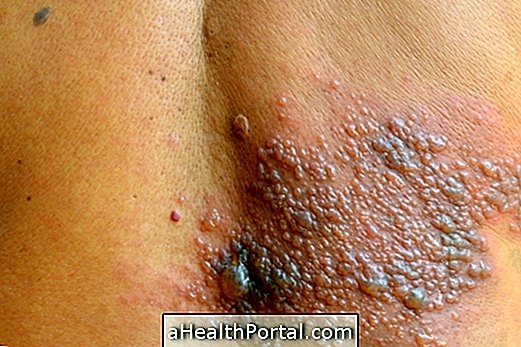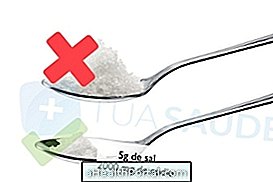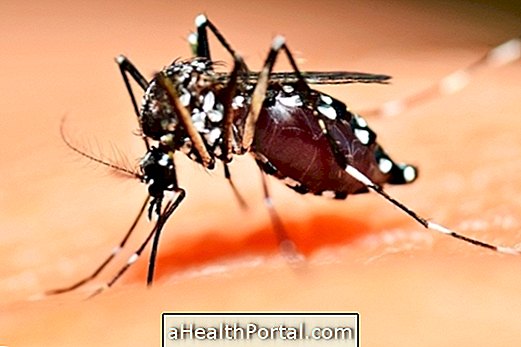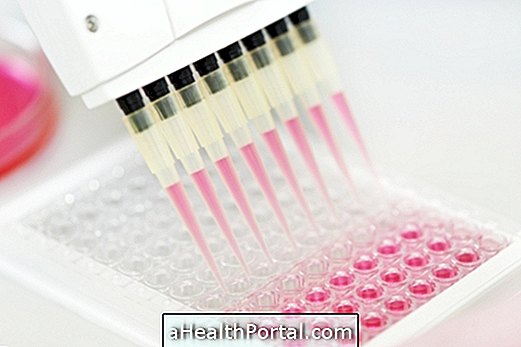Goodpasture's syndrome is an autoimmune disease that attacks the kidneys and lungs, causing pulmonary hemorrhage and renal impairment. If not diagnosed and treated early, this disease can lead to death.
The causes of Goodpasture Syndrome are the attack on healthy cells of the lungs and kidneys by the body's defense cells and antibodies. Factors that increase the risk of this disease may be smoking, exposure to toxic substances or viral infections.
Symptoms of Goodpasture Syndrome
Symptoms of Goodpasture Syndrome arise due to bleeding in the kidneys and lungs and kidney failure, which can be:
- Coughing up blood;
- Difficulty in breathing;
- Pain when breathing;
- Increased levels of urea in the blood;
- Loss of blood in the urine;
- Loss of protein in the urine.
The diagnosis of Goodpasture Syndrome is done by performing biopsies in the kidney to detect the presence of antibodies and laboratory tests to detect antibodies specific for this disease in the blood.
Treatment of Goodpasture Syndrome
Treatment of Goodpasture Syndrome does not cure the disease, but it helps to control its symptoms. The use of immunosuppressive drugs, such as cyclophosphamide, and high doses of prednisone is recommended.
Another form of treatment is plasmapheresis, a procedure that allows blood to be drawn and separate antibodies that are harmful to the kidney and lung. The therapy lasts about 8-12 months and the patient may have to be hospitalized throughout the procedure.
Useful link:
- Wegener's granulomatosis
























